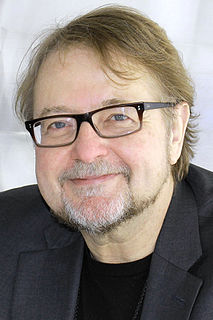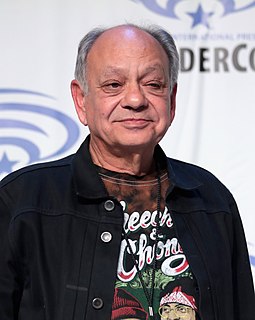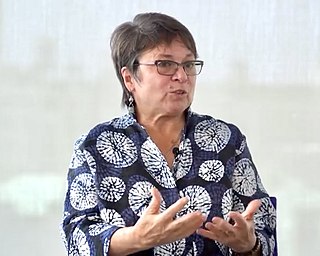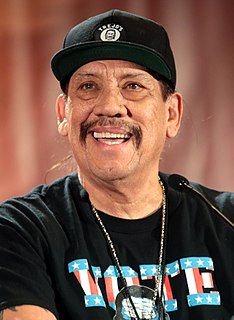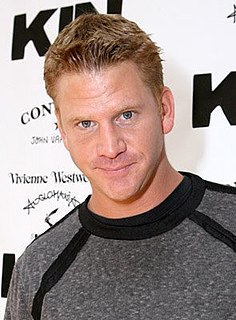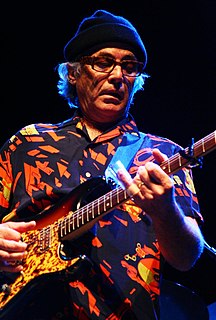A Quote by Luis Alberto Urrea
A great Chicano forebear of mine in writing is Rolando Hinojosa-Smith. He was writing good border mysteries for Chicano readers back in the '80s and '90s.
Related Quotes
In my writing, I want to address all communities, you know. I've spent many years talking about Chicano culture, Chicano history, and at the same time, I've also been in many communities and presented my work in many communities, in many classrooms, and that's where my vision is and my delight is and my heart is.
A writer will write with or without a movement; but at the same time, for Chicano, lesbian, gay and feminist writers-anybody writing against the grain of Anglo misogynist culture-political movements are what have allowed our writing to surface from the secret places in our notebooks into the public sphere.
The first five years of my career, I was Inmate #1, Bad Guy #1 and Mean Guy #1. I had a great career going, until somebody told me that I was typecast. I said, "Well, what's typecast?" And they said, "Well, you're always playing the mean Chicano dude with tattoos." I thought about that and I said, "Wait a minute! I am the mean Chicano dude with tattoos, so somebody is getting it right."
